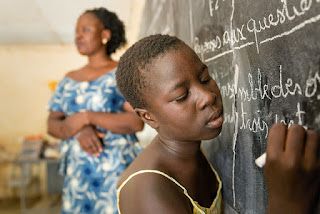Women and the labor force
In recent decades, women's work force participation has advanced significantly. Women are now an essential component of the workforce and play a significant role in fostering economic growth and development after years of being marginalized from various industries and subject to pervasive gender discrimination.
Notwithstanding these successes, there are still many problems, particularly for women from underprivileged communities and in emerging nations. Women still experience unequal compensation, difficulty finding suitable jobs, and little prospects for career growth and leadership positions.
Women are disproportionately employed in low-paying, low-skilled jobs in many nations, including domestic service, agriculture, and manufacturing. Women are frequently exposed to exploitation and abuse in these employment because they frequently lack protections, benefits, and fair pay. Women who operate in the unregulated or unrecognized informal sector, which includes occupations, are particularly at risk.
Women who experience additional prejudice, such as those who identify as LGBTQ+ or who are members of racial or ethnic minorities, frequently face more obstacles to finding employment and obtaining financial security. Disability can also seriously impede a woman's capacity to enter the workforce and attain financial independence.
Women still fight for greater equality and representation in the workforce despite these obstacles. Several organizations are attempting to combat gender-based discrimination and advance laws that guarantee women equal chances. Governments have put policies and measures in place to encourage women's participation in the workforce as they increasingly recognize the value of gender equality for economic development.
In conclusion, establishing sustained economic growth and development depends on women's involvement in the labor force. Even though there has been substantial improvement in recent years, there is still discrimination and inequality based on gender, especially among women from marginalized areas and in developing nations. Governments, employers, and civil society organizations must collaborate to improve gender equality and make sure that women have access to respectable employment, just pay, and career growth possibilities in order to address these concerns.




Comments
Post a Comment